
Hiding in plain sight: Why are wanted Sicilian mafia bosses often found so close to home?
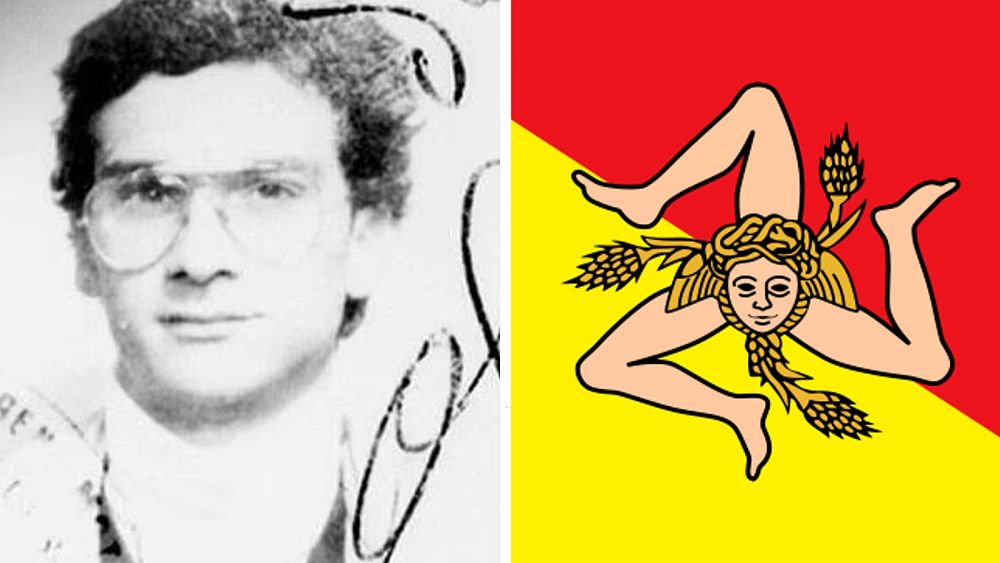
Matteo Messina Denaro, the “Last Godfather” is meant to appear before a court in L’Aquila on Thursday, where he’s appealing a life sentence over the 1992 murder of a mafia prosecutor.
His arrest, thirty years after his conviction, has raised several questions. Although he was on Italy’s “most wanted” list for decades, ultimately police didn’t really have to go far to find him.
He was caught in his native Sicily, arrested in front of a medical facility, which he’d regularly go to without using any particular precaution or disguise, except for false documents.
He was known in town. At home, police found restaurant receipts. Witnesses say he used to go to the supermarket. He was out and about, but never stopped and searched until 16 January, 2023.
Euronews asked Anna Sergi, Criminology and Organised Crime Professor at the University of Essex, how that was possible.
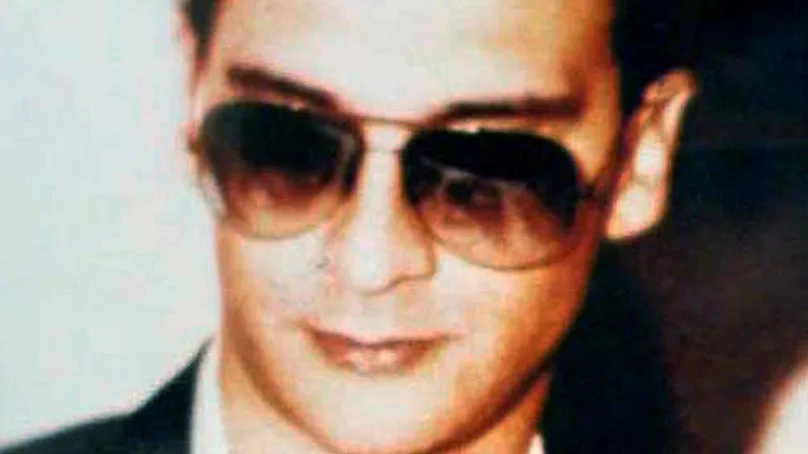
Money can’t buy prestige
“First and foremost”, says Sergi, “for some generations of mafiosi, like Matteo Messina Denaro, social recognition matters more than money. It’s a question of pride. If you flee and leave your native territory, your reputation leaves you, too. It’s truly and wholly part of the mafia lifestyle. Fleeing to Brazil or the Caribbean wouldn’t be truthful to their characters. Also, setting up a protection network abroad is more expensive and complicated. Of course they can always count on large sums of cash and logistical support there, but it’s not exactly the same.”
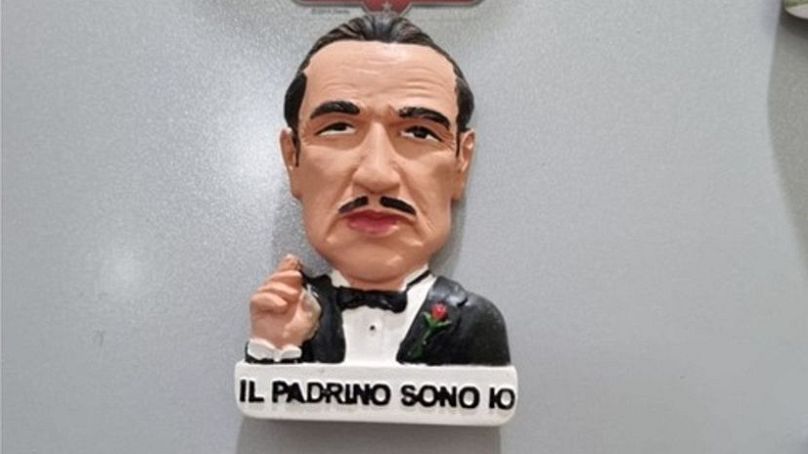
A vicious circle of power and social recognition
“That’s why all mafia-like criminal systems need to create a bond with their territory. They do it through extortion and fear. They work all their life for that, and by doing so, they intertwine their identity with the territory. People back home know who they are, because the mafia has built a mood of intimidation and consent. Also, by giving up territory, you give up power too. Just think about drug trafficking”.
Do other criminal organisations also hide their leaders at home?
“In some cases, yes. I remember the case of a Mexican cartel leader, Nazario Moreno González, who had been presumed dead when, in fact, he was alive and at home. He stayed there because he felt protected.”
How do you explain the fact that big Italian kingpins can be at large for decades before being caught?
“Italy, or, more precisely, Sicily, definitely has the record in that sense. But bear in mind that going after these people is incredibly challenging and expensive for a state. And Italy has spent millions upon millions on it. Elsewhere, criminals can afford not to disappear completely…as they know that the state will eventually give up. Some of them are found dead even before police get to them. So, Italy’s record is also a record in terms of money spent.”
The big mafiosi seem to enjoy a certain level of protection. How does the network generally work?
“It’s something you activate at various levels and degrees. First you need to have someone who always knows where you are, and if you’re alive, that’s the basics. Then there are higher protection levels. For example to prevent law enforcements from getting too close to you. That involves recurring payments that must come out from bank accounts above any suspect. In the case of Messina Denaro, it was his sister who was helping out. In fact, she was arrested a few days ago. She was keeping the clan’s books.”
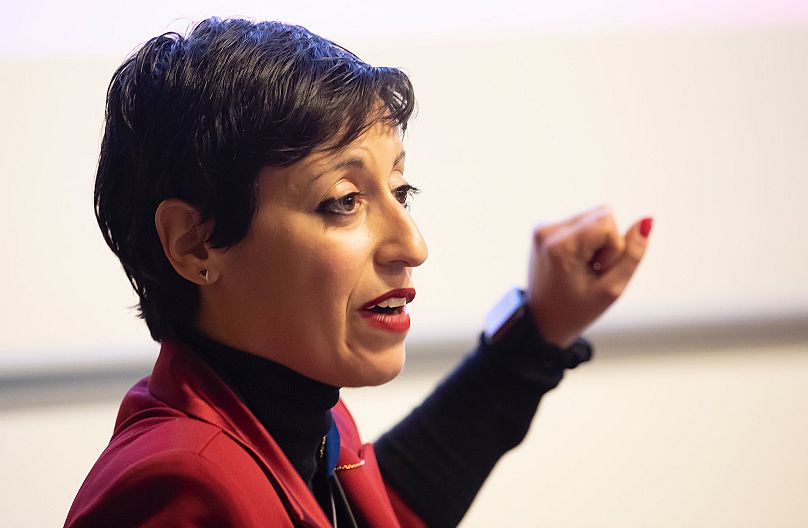
“Then, there’s the day-to-day routine, which is particularly important for the eldest bosses, as they are no longer self-sufficient, for instance to look after the house or even their food. You’ve got to make sure they’re always fed, and they eat well, because of course they want to eat well. And you have to make sure they have a safe hideout, a place that goes unnoticed and can’t be traced to them.”
“Even paying gas or electricity bills requires particular cautions and procedures. If you do all these things in a place you know already very well, it’s easier.”
Will anyone take Matteo Messina Denaro’s place now that he’s in jail?
“Quite likely so, and I wouldn’t be surprised if law enforcement had identified that person already. But, generally speaking, the Italian mafia was in crisis even before Messina Denaro’s arrest.”
“What the mafia really lost with Matteo Messina Denaro’s arrest, is the organisation’s ‘mythological’ ethos. They were proud of having their boss on the run for so long.”
When you say the mafia is in crisis, do you mean a military crisis, a prestige crisis or a financial crisis?
“All these things together. In the 90s, the Sicilian Mafia was severely harmed not just by state, but by the actions of its very own boss Totò Riina, whose vision of the mafia in the end didn’t really benefit the organisation.”
In the early 90s, Riina unleashed an all-out war against the state, leading several bombings across Italy, which took dozens of lives. He was attempting to fight back and break the state’s crackdown against the organisation, but it backfired. He was then arrested in 1993.
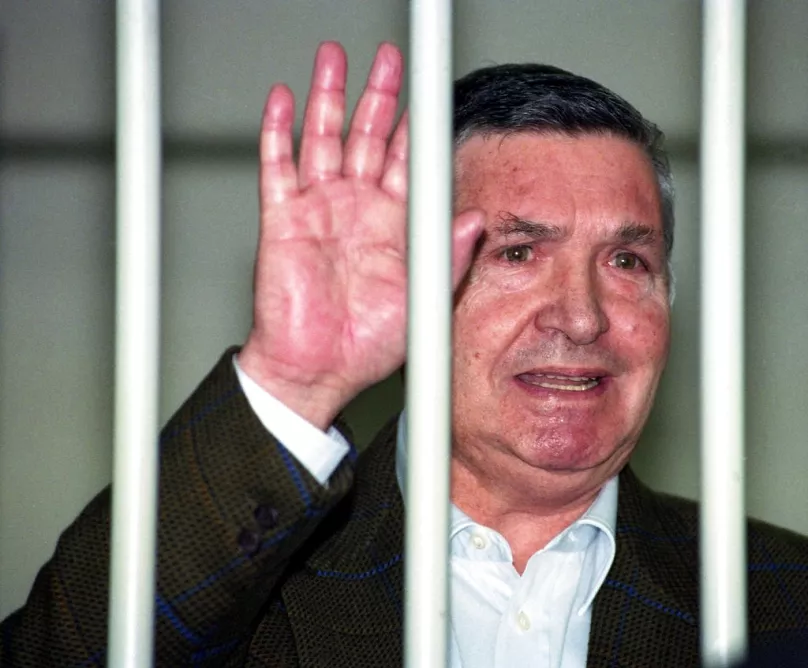
“The Sicilian mafia has lost a lot of criminal power. Nowadays, they no longer dominate drug trafficking, and by losing that, they also lost a lot of money”
“They still launder money in the wind energy market, for example, or in the hospitality sector…but the military side of the Sicilian mafia is no longer predominant, because it almost led to the organisation’s self destruction. Yes, the old families still exist and have some power on the territory, but it’s mostly a local power.”


